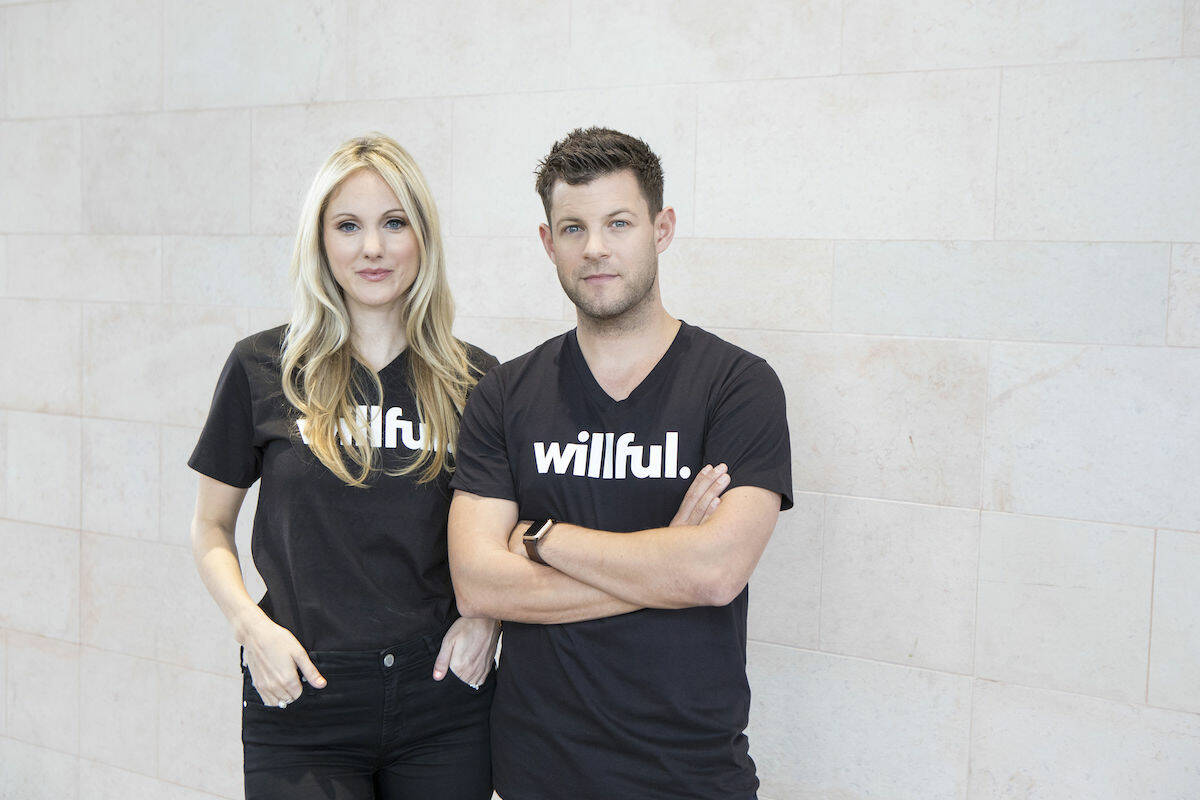At midnight on Dec. 1, 2021, Sam Dixon became the first person in Canada to create a fully digital will.
Prior to late last year, it was a requirement of all legal wills that they be printed on paper and signed by witnesses in person.
However, thanks to some technological advancements and changes in provincial legislation, wills can now be drafted, signed and stored digitally in B.C.
“It seems like a common-sense improvement,” said Erin Bury, CEO and co-founder of willful., the Canadian start-up that offered its services to Dixon, 24, to help her create, sign, and store her will. “We’re expecting that other Canadian provinces will eventually follow suit.”
In a survey conducted by CIBC, less than half of all eligible adults in BC had a will, and more than 40 per cent of those surveyed said a digital solution to will-creation would be the most effective action for them to create a will.
In order for a will to be valid in B.C., it must meet the conditions set out in a piece of provincial legislation called the Wills, Estates and Succession Act. Among the requirements are that the will be signed by the will-maker and two other witnesses who are present at the time of signing.
After the onset of the pandemic, legislators began discussing updating the act to allow for digital signings of wills.
“Over the pandemic, I was thinking about my mortality a lot more which really put things into perspective for me,” said Dixon in an interview from Victoria. “I wanted to make sure that my death was handled according to my beliefs.”
If a person dies without a will, their possessions and wealth will be divided according to government rules. The standard division of estates is generally restricted to spouses/common-law partners and children and does not include friends, non-common law partners or other family members.
An individual’s internet accounts are generally not included in governmental provisions on death. However, as social media becomes an increasingly important part of people’s livelihoods, they may become a crucial consideration when creating wills.
“Social media companies don’t usually let you pass your accounts off to family members without written consent, so it was cool to have the opportunity to think about that early on,” said Dixon.
Because financial situations and ownership of assets are fluid over an individual’s life, wills can require some updating – which Dixon plans to do again soon.
Given her relative youth, Dixon plans to update her will again soon.
“Our goal is not just that everyone has a will, but that they keep it updated too,” said Bury.

